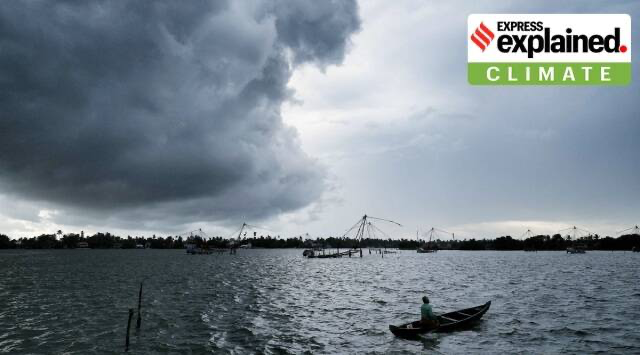Free Courses Sale ends Soon, Get It Now


Free Courses Sale ends Soon, Get It Now



Disclaimer: Copyright infringement not intended.
Context: The return of El Niño in the Pacific Ocean, as announced by the National Oceanic and Atmospheric Administration (NOAA) of the United States.
Details
Mechanism and Causes of El Niño:
Global Impacts of El Niño:
Severity of the 2023 El Niño Conditions:
Impact on Indian Monsoon Season:
Concerns for India:
Historical Data:
Expert Insights:
|
PRACTICE QUESTION Q) El Niño, a climate phenomenon with global implications, has been a cause of concern for various countries, including India. Discuss the causes and impacts of El Niño, and examine its correlation with rainfall patterns in India. Also, analyze the role of climate change in exacerbating or mitigating the effects of El Niño. (250 words) |
https://indianexpress.com/article/explained/explained-climate/el-nino-noaa-warming-pacific-ocean-meaning-explained-8653916/
© 2024 iasgyan. All right reserved